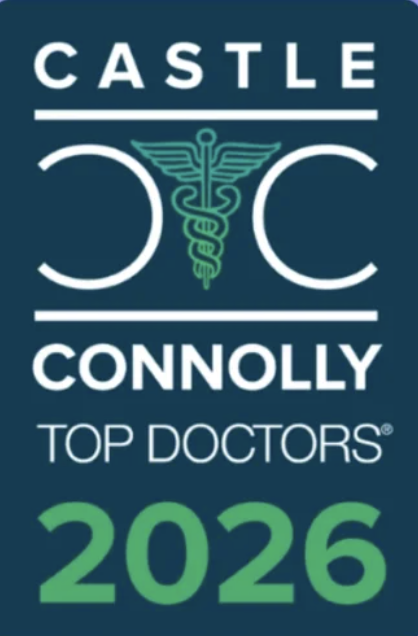Menopause has often been blamed as an underlying cause of sleep apnea in women, but the scientific research on this topic fails to show this.
Women in their 50s develop sleep apnea at the same rate as men in their fifties (in fact men may even develop sleep apnea at a higher rate than women in this age group), making it unlikely that menopause itself, and the hormonal changes associated with it as a risk factor. While estrogen seems to be associated with poorer quality sleep (insomnia) in women of all ages, estrogen seems to have a slight protective effect in helping keep the throat open during sleep.
Testosterone on the other hand, is known to make sleep apnea worse. The most impressive cases in transgender women (females transitioning or transitioned to males and on high doses of testosterone, who suddenly develop severe sleep apnea.)
Menopause's impact on sleep is very significant, mostly because of the hot flashes that cause poor quality sleep, awakenings during sleep, and difficulty falling back asleep. Sleep apnea tends to manifest itself during this same period, but primarily related to aging and weight gain, not because of menopause itself.













